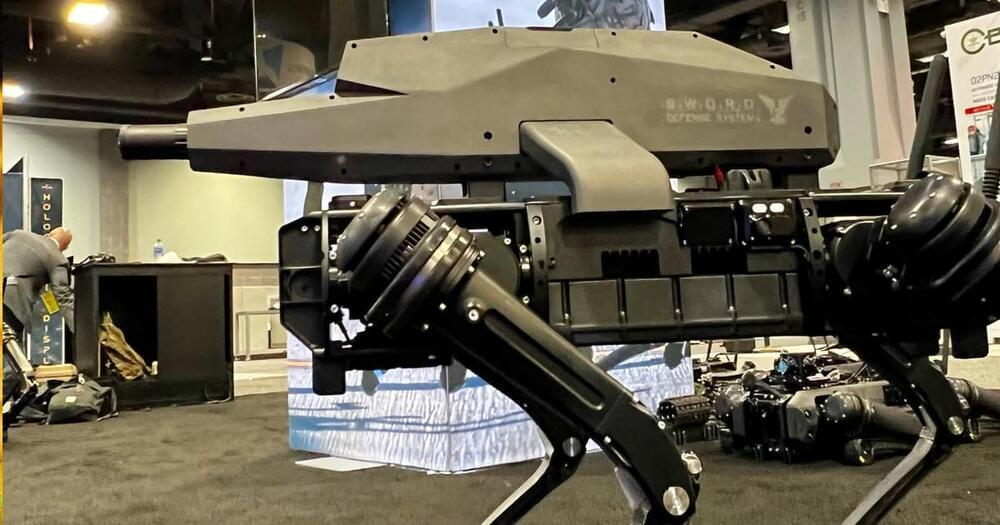https://www.youtube.com/watch?v=YXyzgTvZUFw
Blue Origin is set to launch William Shatner on their second crewed spaceflight of its New Shepard rocket. Takeoff is currently scheduled on Wednesday, October 13 at 9:00 am CDT / 14:00 UTC from Corn Ranch, Texas.
New Shepard is designed to take people and payloads to suborbital space and back. It is expected to start sending space tourists this year. Ticket reservations are still on hold.
► Magic Moon Forest (4K UHD) — 24/7
WATCH: https://youtu.be/LQ84JAT3CsA
🔔 Spaceflight Alerts | Rocket Launch Notifications.
Android version: https://play.google.com/store/apps/details?id=com.spaceflight.alerts iOS version: https://apps.apple.com/us/app/spaceflight-alerts/id1566352835
👕 Check out our T-Shirts & Hoodies Store!
https://cosmosapiens-store.myteespring.co/









